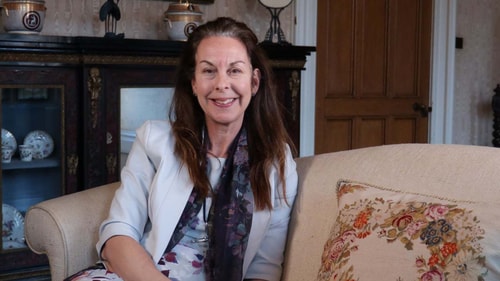Sarah's Story
From her experience as a mother and Advisor for Reconciliation, Sarah explains the power of women as reconcilers and witnesses to Jesus
About Evangelical Alliance
The Evangelical Alliance joins
together hundreds of organisations,
thousands of churches and tens of
thousands of individuals to make
Jesus known.
Representing our members since
1846, the Evangelical Alliance is the
oldest and largest evangelical unity
movement in the UK.
United in mission and voice, we exist
to serve and strengthen the work of
the church in our communities and
throughout society.
Featured Resources
From
Evangelical Alliance
Topics
Personal evangelism
Children
Different faiths
Cross-cultural
Families
Apologetics
Women









